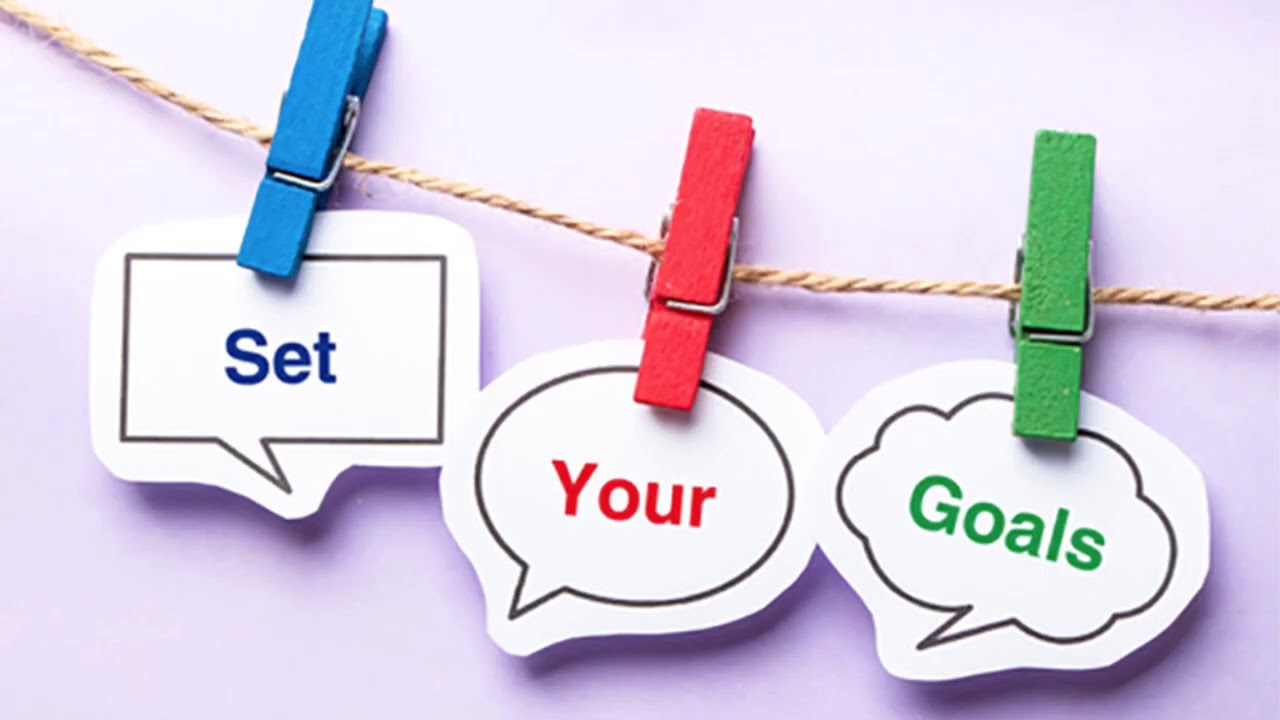Self-discipline is the bridge between goals and accomplishments. Many of us start with high motivation, but without consistency, we often lose momentum. True success lies in mastering self-discipline, making it a habit rather than a struggle.
If you’ve ever wondered how to become self-disciplined and consistent, this guide is for you. Below, we break down eight powerful strategies to help you stay on track, push through challenges, and unlock your full potential.
1. Big Achievements Demand Big Sacrifices
If you want to achieve something great, you must be willing to make sacrifices. Success isn’t about luck—it’s about the daily choices you make that align with your goals.
Let Go of Distractions
Distractions are the biggest roadblocks to self-discipline. Whether it’s social media, TV shows, or constant phone notifications, these interruptions steal your time and focus. Ask yourself: Is this adding value to my life, or is it keeping me stuck?
Prioritize Long-Term Goals Over Short-Term Comforts
Success requires stepping out of your comfort zone. Instead of choosing an extra hour of sleep, wake up early and work on your goals. Instead of mindless scrolling, invest that time in personal development.
Embrace the Trade-Offs
Every “yes” to something important means saying “no” to something else. Identify what truly matters and remove anything that doesn’t align with your vision.
By making sacrifices today, you build a future that rewards your discipline and commitment.
2. Think Clearly
Clarity is key to self-discipline. A cluttered mind leads to impulsive decisions and inconsistent efforts. When your thoughts are scattered, it becomes difficult to stay focused on what truly matters.
Declutter Your Mind
Just like a messy room is hard to navigate, a busy mind creates confusion. Take time to clear your thoughts through mindfulness, journaling, or meditation.
Make Conscious Decisions
When your mind is clear, decision-making becomes intentional. Instead of reacting emotionally, you will act based on your long-term goals.
Visualize Your Success
Create a mental image of your desired future. Whether it’s financial freedom, physical fitness, or personal growth, keeping a clear vision of success strengthens your self-discipline.
A calm and focused mind leads to consistent action. The next step is setting achievable goals.
3. Daily Goal Setting
Small steps lead to massive success. Instead of overwhelming yourself with big goals, break them down into daily tasks.
The Power of Small Goals
Daily goals create momentum. They give you a sense of accomplishment, reinforcing your commitment to self-discipline.
Examples of Simple Daily Goals
- Wake up 30 minutes earlier
- Exercise for at least 20 minutes
- Read 10 pages of a book
- Limit screen time to 1 hour outside of work
Consistency in small goals eventually leads to big achievements. Once you’ve established this habit, it’s time to tackle fear.
4. Beat Your Fear
Fear is the biggest enemy of self-discipline. It holds you back from taking action and makes you hesitate when faced with challenges.
Face Your Fears Head-On
Most fears exist only in your mind. The moment you take action, fear begins to fade.
Step Out of Your Comfort Zone
Growth happens when you challenge yourself. Whether it’s speaking in public, starting a business, or pursuing a fitness goal, pushing past fear builds confidence.
Fear Is Temporary, Regret Is Permanent
Would you rather face the discomfort of discipline now or the regret of not achieving your goals later? The choice is yours.
Overcoming fear is just one step in the journey. To maintain self-discipline, you must also focus on physical well-being.
5. Excellent Physical Habits
A healthy body fuels a disciplined mind. When you prioritize your physical health, you increase your energy, focus, and willpower.
Exercise Regularly
- Movement boosts motivation and mental clarity.
- Even 10 minutes of physical activity daily improves mood and productivity.
Eat Nutritious Foods
- Avoid junk food that drains your energy.
- Eat whole foods that nourish your body and keep your mind sharp.
Get Enough Sleep
- Poor sleep leads to poor decisions.
- Aim for 7–8 hours of quality rest to recharge your mind and body.
Physical health directly impacts self-discipline. A strong body supports a strong mindset, allowing you to maintain consistency in other areas of life.
6. Regular Savings
Financial discipline is a key component of self-discipline. Saving money consistently prepares you for future opportunities and reduces financial stress.
Start Small, Stay Consistent
Even saving a small percentage of your income builds long-term financial security. It’s not about how much you save—it’s about making saving a habit.
Avoid Impulse Spending
Ask yourself: Do I really need this? Delaying gratification strengthens your ability to make smart financial decisions.
Build Financial Freedom
The more disciplined you are with money, the more control you have over your life. A strong financial foundation allows you to pursue your dreams without limitations.
Financial discipline is crucial, but success also requires dedicated effort.
7. Hard Work
There is no shortcut to success. Self-discipline requires persistent effort, even when motivation fades.
Commit to the Process
- Success doesn’t happen overnight.
- Stay consistent even when results aren’t immediate.
Avoid the Trap of Instant Gratification
- Many people quit when they don’t see quick results.
- True discipline is about long-term gains, not short-term pleasure.
Learn from Those Who Work Hard
- Look at successful individuals—they didn’t rely on luck.
- They built habits of hard work, resilience, and perseverance.
Discipline and hard work go hand in hand. However, lifelong success requires continuous learning.
8. Continue Learning
Growth never stops. The most disciplined people are always seeking to improve themselves.
Expand Your Knowledge
- Read books, take courses, and develop new skills.
- The more you learn, the better equipped you are to succeed.
Stay Curious
- Approach life with a learning mindset.
- Every challenge is an opportunity to grow.
Adapt and Evolve
- The world changes, and so should you.
- Stay ahead by continuously upgrading your knowledge and skills.
Lifelong learning keeps you disciplined and adaptable.
The Power of Self-Discipline and Consistency
Becoming self-disciplined is not about perfection—it’s about persistence. Every small, consistent action you take shapes your future.
From sacrificing distractions to setting daily goals, from overcoming fear to taking care of your health—each step builds the foundation for long-term success.
Remember, self-discipline is not something you’re born with. It’s a skill you develop through daily choices. Stay committed, keep learning, and embrace the journey of becoming the best version of yourself.
Frequently Asked Questions
Why is self-discipline important?
Self-discipline helps you stay committed to your goals, make better decisions, and achieve long-term success.
How can I build self-discipline if I struggle with motivation?
Start small, set daily goals, remove distractions, and focus on consistent effort rather than instant results.
What are the biggest obstacles to self-discipline?
Distractions, fear, procrastination, lack of clear goals, and prioritizing short-term comfort over long-term rewards.
Can self-discipline be learned?
Yes! Self-discipline is a skill that improves with practice, consistency, and commitment.
How long does it take to develop self-discipline?
It varies for everyone, but small, consistent efforts over time create lasting discipline and success.














